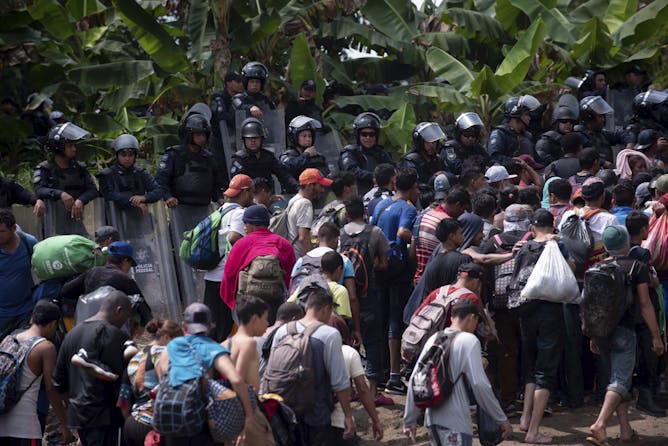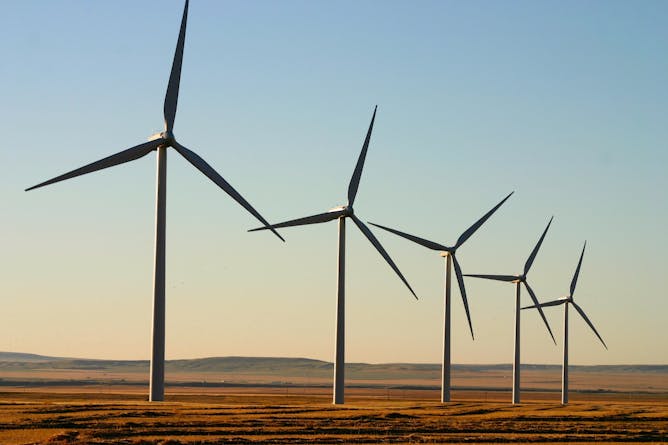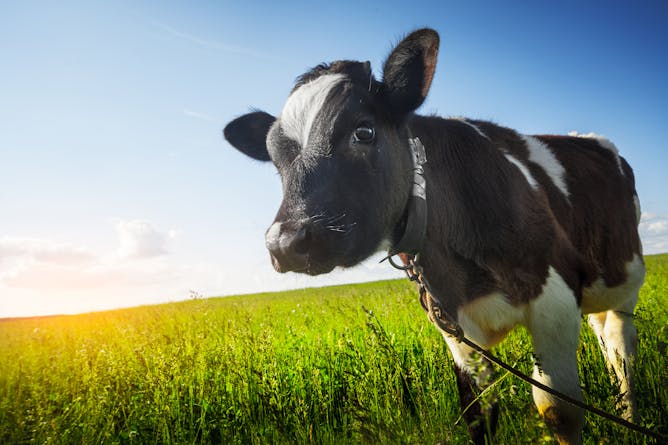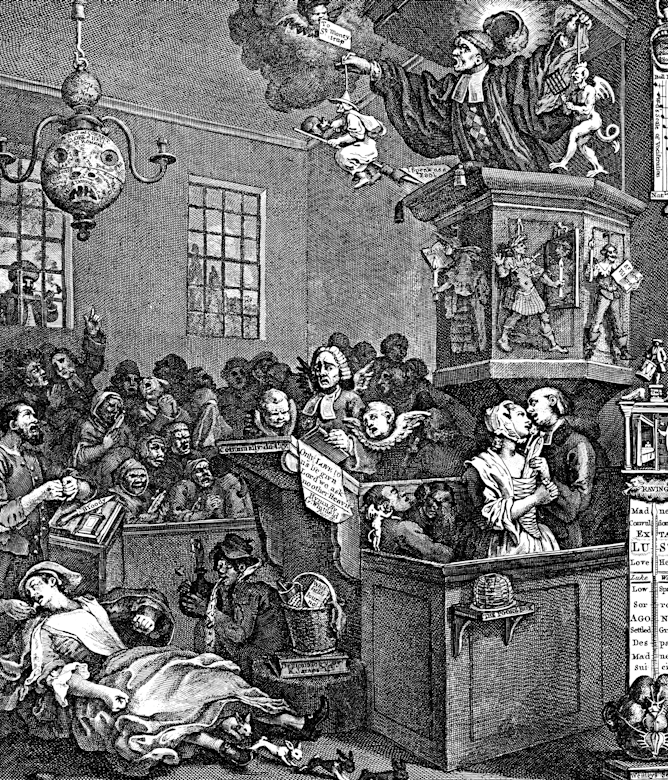|
Donald Trump has announced he’s sending 5,000 troops to the U.S.-Mexico border to protect Americans from the caravan of migrants making their way from Central American – a move that’s been labelled an election stunt before next week’s midterm vote in the United States. Today in The Conversation Canada, Jerry Flores of the University of Toronto looks beyond the political rhetoric and explains why the migrant caravan exists in the first place.
The current Canadian political debate about carbon taxes is heating up between Ottawa and the provinces. Emily Eaton of University of Regina makes the case that even if the policy goes ahead, it’s too little too late and that “a wholescale energy transition in every jurisdiction” around the world is needed to reduce global warming.
David Gray, the Dean of the Faculty of Agriculture at Dalhousie University, recently spent time on a family-run dairy farm. It’s given him a new appreciation for the free trade debate going on about the need for Canada to protect its dairy sector.
And finally…Happy Halloween! Frank Klaassen of the University of Saskatchewan looks at the legal history of how the law has treated people who claim to practise witchcraft and magic.
Regards,
|

A new group of Central American migrants walk past Mexican Federal Police after wading across the Suchiate River, that connects Guatemala and Mexico, in Tecun Uman, Guatemala, Oct. 29, 2018.
(AP Photo/Santiago Billy)
Jerry Flores, University of Toronto
A migrant caravan of almost 7,000 people who left Guatemala and Honduras is heading north towards the United States. The reasons they are leaving are complex but involve a U.S.-backed violent history.
|

The renewable energy industry can also create jobs.
(David Dodge, GreenEnergyFutures.ca/flickr)
Emily Eaton, University of Regina
The idea of a renewable energy transition is exciting. It opens up space to think about enhancing democracy and decolonization.
|

Canada’s dairy industry is being increasingly put at risk in trade negotiations. A visit to a Canadian dairy farm illuminates why the industry should be protected.
(Shutterstock)
David Gray, Dalhousie University
Countries that have phased out supply management systems in the dairy industry have seen an initial spike in production, then a steady decline. That's why Canada should protect its dairy farmers.
|

An old Canadian law which outlaws magic fraud is about to be eliminated. This print by William Hogarth, ‘Credulity Superstition and Fanaticism,’ from 1762 epitomizes the Enlightenment view that witchcraft and religious fanaticism go hand in hand.
William Hogarth/1762
Frank Klaassen, University of Saskatchewan
An antiquated Canadian law against magic and witchcraft is about to be repealed. A close look at its history reveals that it is far less superstitious than it appears.
|
Culture + Society
|
-
Richard Gunderman, Indiana University
Fred Rogers was not blind to evil, but he still taught love in the face of it. His real neighborhood under attack, his neighbors showed love and forgiveness that can teach and inspire us all.
|
|
Politics
|
-
Katharina Karcher, University of Birmingham
She won't stand again in 2021 – and it's unlikely she'll last until then either.
|
|
Arts
|
-
Michael V. Drake, The Ohio State University
Fifty years ago, Sly and the Family Stone sang 'We got to live together, I am no better and neither are you.' The words ring just as true today.
|
|